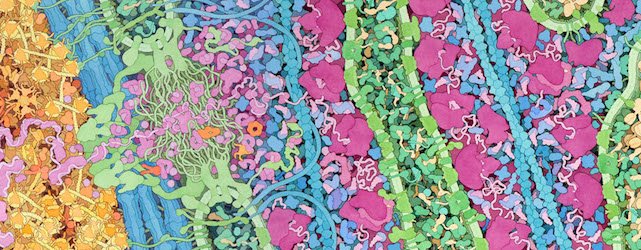
AP Biology
Greetings, biologists! My name is Gracie Bellnap and I'm your AP Bio teacher for the 2025/2026 school year. During our year together, I hope to drive curious discussions, enable you to make discoveries, dig deeper into what it means to "be a scientist," and grow a greater appreciation for the natural world.
We will use MySA for grading, but all communication regarding weekly schedules, assignment details, and due dates will be found on this page! You can also find the syllabus and other course information here.
Some Things That Changed My Life:
1. We don’t know everything! It took me way too long to realize that scientists, and textbook writers, do not have all the information! Scientific “research” didn’t make very much sense to me because I wasn’t sure what else there was even left to know! THERE’S A LOT LEFT TO KNOW. (Do turtles have best friends? Maybe.)There are people asking questions and pursuing ways to answer them in every subject out there. This is freeing, whimsical, and even daunting that there is SO much waiting to be cracked, but I hope this serves as some motivation to wrap your tendrils around whenever you are chugging through the “nuts and bolts” of our class content.
2. Science is a *way of knowing things,* and not a strict set of facts, figures, and rules. There are lots of different ways to say this, but what I mean is science is a really great tool for figuring stuff out. There’s other tools to figure the same stuff out, it’ll just look a little different--science bases itself in logic, evidence, and reasoning. I consider myself a scientist because I think it’s the best way to understand our world, but this isn’t to say I don’t seek out other ways. Whether it’s a botanist learning from a microbiologist, a medical doctor learning from a naturalist, or an astronomer learning from an artist, there is immense value in interdisciplinary efforts. Find it when you can! I also want to note here that science has, can, and will continue to be flawed. Our standards for “good science” have come a long way, which is why we have been able to “debunk” long-believed myths (Learn about the infamous taste bud diagram here. The zones of our tongue is a century old lie we believed!), but this isn’t to say they won’t continue to change!
3. Small Things Considered/The Little Things Are The Big Things! Lynn Margulis, a researcher specializing in cells and microorganisms, one of the most prominent biologists in the last century, and a personal idol of mine, recently brought this into focus for me. I am typically a big picture kind of gal, so I would skim over some of the “small” stuff. I realize now I will never see the big picture without first really, truly understanding the seemingly insignificant things. (They are the *most* significant!) There’s some cheesy quote that says something like “One day you’ll realize the small things were actually the big things all along.” This!!! This is how I feel about learning about biology. Whenever you think at some point this semester “this is all memorizing,” or “this stuff can’t matter” just remind yourself that whatever you learn now will help you understand the world a little better later on. Keep grinding! A ‘light bulb moment’ will come eventually for you, and it will be SO cool.
4. THIS TED TALK!!! Once you learn that trees talk to each other using the mushroom internet, your life will never be the same. I know it’s 18 minutes, but I am telling you this is one of the craziest things I’ve ever learned. I will never think about the world the same. Please watch and tell me what you think!